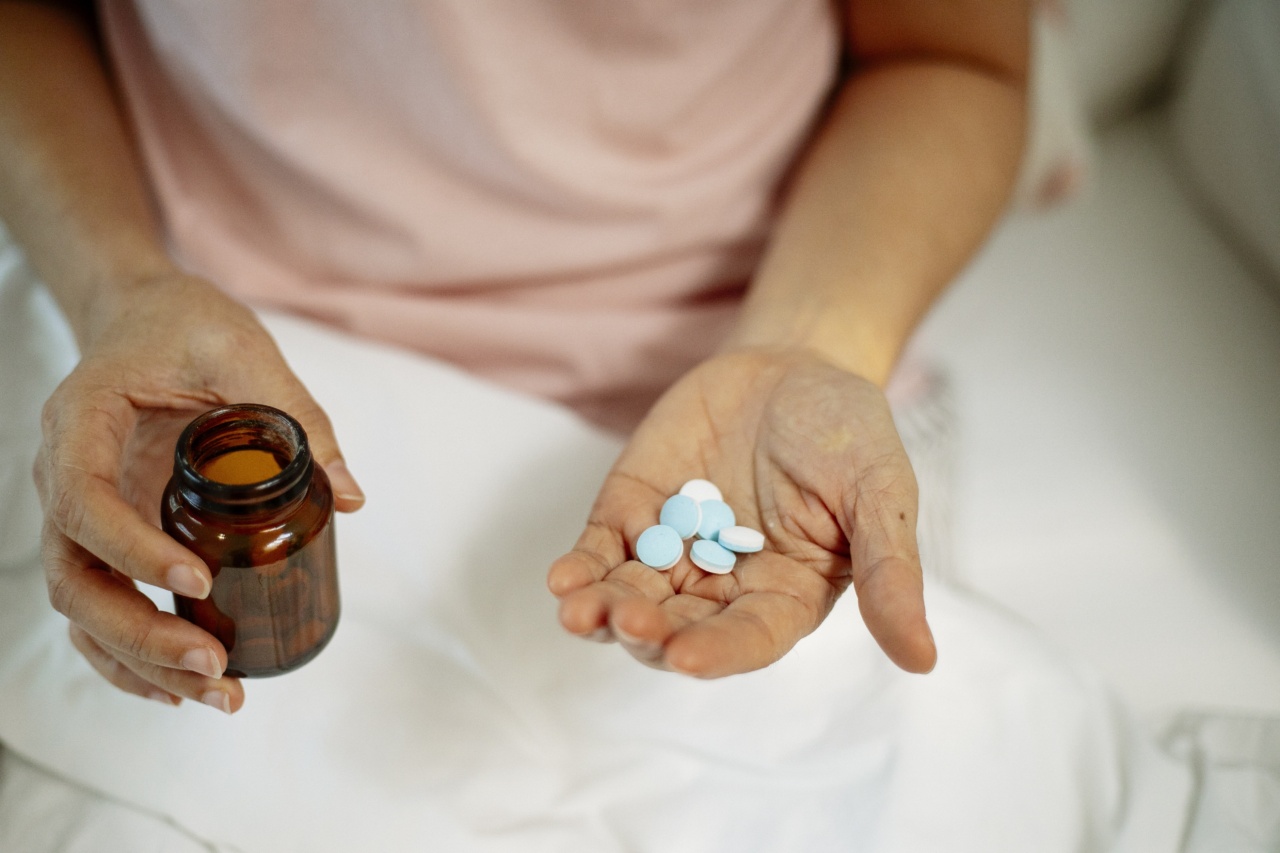Muscle cramps, also known as charley horses, are sudden and involuntary contractions of one or more muscles. They can be painful and can happen to anyone, but some people experience muscle cramps more frequently than others.
In this article, we will explore the various causes of muscle cramps and why some people suffer from them more often than others.
What are Muscle Cramps?
Muscle cramps are a common condition that can occur in any muscle, but are most commonly experienced in the legs, particularly the calves. They usually occur quickly and can last from a few seconds to several minutes.
Muscle cramps are often accompanied by a sudden sharp pain, which can make it hard to move the affected muscle while it’s cramping.
: Common Causes of Muscle Cramps
There are many potential causes of muscle cramps, some of which may be more common in certain individuals than in others:.
: 1. Dehydration
Dehydration is the most common cause of muscle cramps. When the body loses fluids due to intense exercise, hot weather, or inadequate fluid intake, it can lead to electrolyte imbalances. This imbalances can lead to muscle cramps.
: 2. Electrolyte Imbalances
Electrolytes are minerals that help regulate the body’s fluid balance and muscle function. An imbalance in electrolytes may lead to muscle cramps. The most common electrolytes include sodium, potassium, and magnesium.
: 3. Overexertion
Overexertion of muscles can lead to muscle cramps, especially if an individual is doing something new or outside of their normal routine.
: 4. Poor Diet
Consuming a diet that lacks important nutrients, such as potassium and magnesium, may lead to muscle cramps.
: 5. Age and Genetics
The risk of muscle cramps increases with age, and genetics also play a role. Some individuals may be predisposed to muscle cramps due to their family history.
: 6. Medications
Some medications can cause muscle cramps as a side effect. Statins used to lower cholesterol, are a common example.
: How to Prevent Muscle Cramps
There are several ways to prevent muscle cramps:.
: 1. Stay Hydrated
Drinking fluids regularly can help prevent dehydration and electrolyte imbalances, which can lead to muscle cramps.
: 2. Stretching and Warm-Up
Stretching and warming up before exercise or physical activity can help improve blood flow and reduces the incidence of muscle cramps.
: 3. Balanced Diet
A diet rich in potassium, magnesium, and calcium can help prevent muscle cramps. Foods like fruit and vegetables are high in these nutrients.
: 4. Medication management
To help prevent muscle cramps, be sure to talk to your healthcare provider about any medications you are taking and any potential side effects that may lead to muscle cramps.
: Conclusion
While muscle cramps can happen to anyone, certain individuals may be more susceptible to them than others. Dehydration, electrolyte imbalances, overexertion, poor diet, age, genetics, and medications are common causes of muscle cramps.
Taking steps such as staying hydrated, stretching and warming up before activity, eating a balanced diet, and managing medications can all help reduce the incidence of muscle cramps.






























